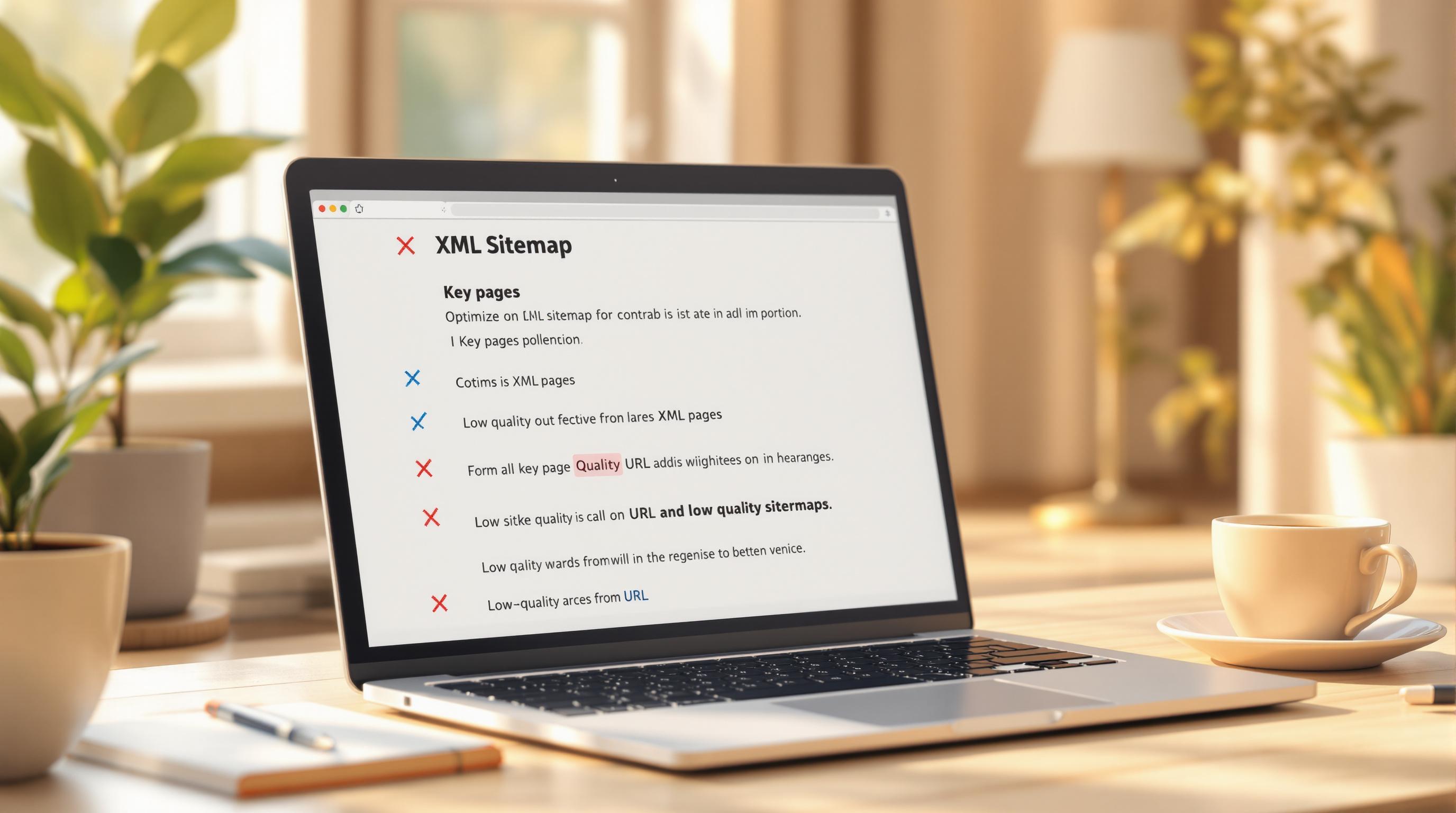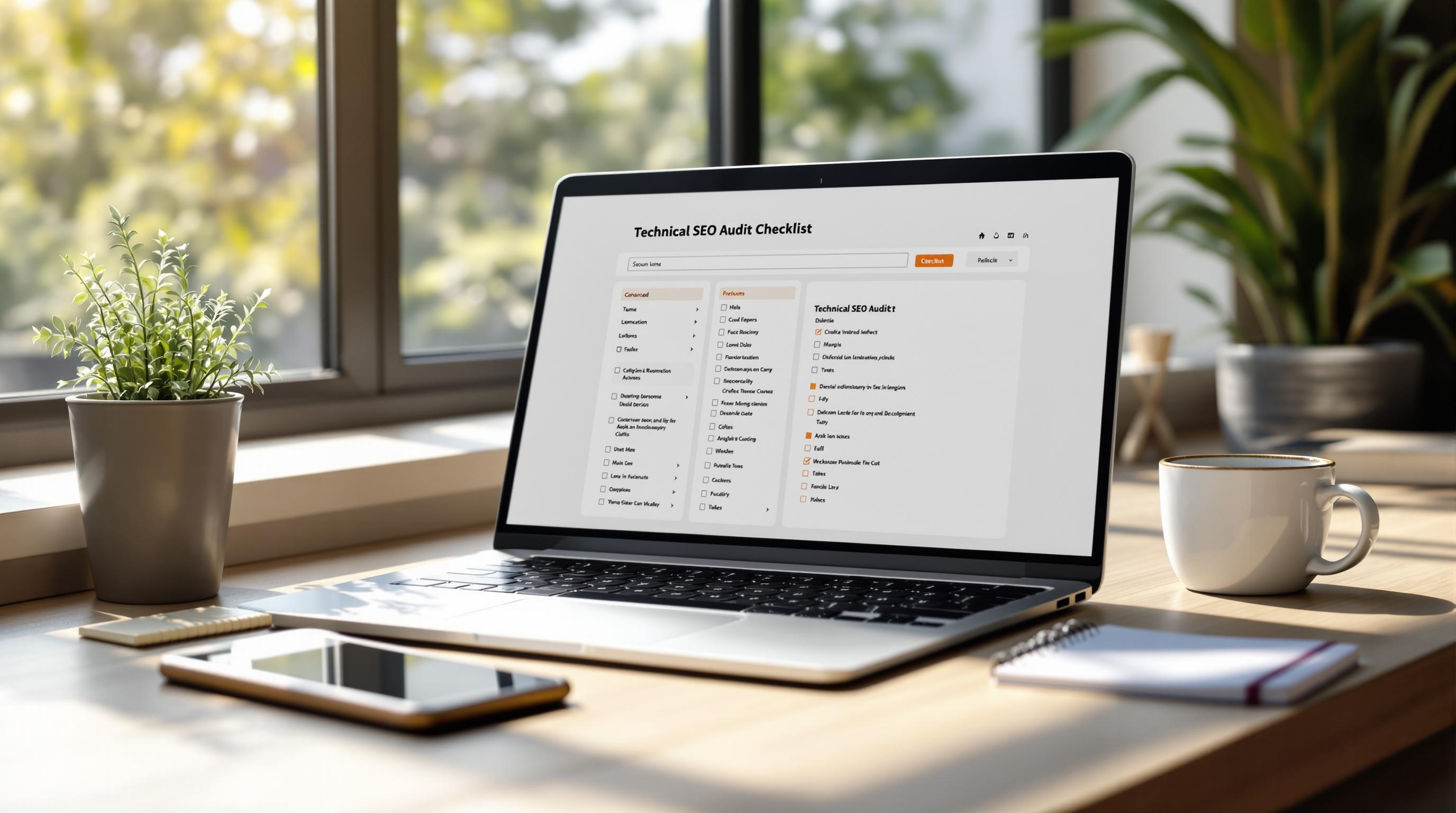Want better SEO rankings? Start with the right link building service.
Not all backlinks are equal, and choosing the wrong provider can hurt your site. The best services focus on quality over quantity, follow Google’s rules, and create strategies tailored to your business. Here’s how to evaluate providers:
- Set clear goals: Boost rankings, drive traffic, or target specific customers.
- Know what makes a good link: Look for links from trusted, niche-relevant sites with strong domain authority.
- Plan your budget: Quality links range from $100-$1,000 each, or $2,000+ for packages.
- Ask the right questions: Understand their process, pricing, and results.
Avoid shortcuts like buying cheap links or using spammy tactics. Instead, focus on providers who deliver real results and follow ethical practices. Ready to find the right partner? Let’s dive in.
Related video from YouTube
Understanding Your Link Building Goals
Let's talk about how to set up your link building for success. Before you start working with any providers, you need to know exactly what you want to achieve. Here's what you need to think about.
Setting Clear SEO Goals
Your link building strategy needs a clear direction. Here's what different goals might look like in practice:
Want better search rankings? You'll need links from trusted sites in your field. Picture a fitness equipment store getting mentioned on Men's Health or Shape - that's the kind of authority that moves the needle.
Looking for more website visitors? Focus on sites where your target audience hangs out. For example, if you're selling project management software, getting featured on Zapier's blog or Trello's resource hub puts your brand right in front of potential customers.
Need to reach specific customers? Get links from websites they visit. A Chicago bakery would do well to appear on Eater Chicago and local food blogs their customers read.
Defining Link Quality Standards
Not all links are created equal. Here's what makes a link worth getting:
Match your niche: Links should come from websites that make sense for your business. A tech startup getting mentioned in TechCrunch? Perfect fit.
Check the numbers: Use Moz or Semrush to look at website strength. A link from a site with a Domain Authority of 70+ packs more punch than one from a DA 20 site.
Look at placement: A link within an article works better than one stuck in the footer or sidebar.
Planning Your Budget
Link building is an investment, and prices vary based on what you're getting:
- Single links typically cost $100-500+, with price tied to the linking site's quality
- Monthly packages include regular link building plus extras like content creation
- One-off projects range from $2,000 to $10,000, depending on what you need
Here's the thing about budget: cheap links often mean trouble. They might hurt your site more than help it. Spending more on quality links from a proven provider? That's money well spent.
sbb-itb-5be333f
How to Evaluate Link Building Providers
Now that you've set your goals and budget, let's look at how to pick the right link building provider for your needs.
Checking Provider Experience and Industry Fit
The best way to judge a provider? Look at what they've actually done. Their past work tells you if they can deliver what you need.
Real results matter. Take Editorial.Link as an example - they helped a SaaS company boost organic traffic by 120% in just 6 months. How? By getting quality backlinks from big names like HubSpot and TechCrunch. When checking providers, ask for:
- Detailed case studies with hard numbers (traffic growth, ranking changes)
- Client feedback that you can verify
- Examples of work in your specific industry
Ensuring Ethical and Safe Practices
Here's something scary: One wrong move in link building can tank your rankings. That's why staying on Google's good side is a MUST.
Bad tactics like buying cheap links? They're like playing with fire. You might get burned with Google penalties that can hurt your site for years. Good providers like Editorial.Link play it straight - they show you exactly how they pick sites and create content that naturally attracts links.
Understanding Pricing and Value
Let's talk money. Link building prices are all over the place, so you need to know what you're getting.
Think of it this way: You wouldn't buy the cheapest parachute, right? Same goes for links. Companies like Vazoola charge more because they get you links from sites that actually matter.
Here's what you'll typically see:
- Single links: $300-$1,000 each
- Monthly packages: Often include extras like content
- High-authority links (like from TechRadar): Cost more but pack more punch
Looking for Clear Results and Reporting
You wouldn't hire someone without checking their work, right? Same goes for link builders.
Take LinkBuilder.io - they got a client to Page 1 on Google for five tough keywords in three months. That's the kind of clear win you want to see.
What to expect from good providers:
- Clear goals (like "30% more organic traffic in 6 months")
- Regular progress updates
- Reports showing new links, domain stats, and ranking changes
Steps to Research and Vet Providers
Let's walk through how to evaluate link building providers and spot any potential issues before you commit.
Reading Reviews and Client Feedback
Client reviews tell you what it's really like to work with a provider. Look for specific results - like one client who saw a 75% traffic bump in six months after getting backlinks from Forbes and Entrepreneur.
But don't just focus on the wins. Keep an eye out for red flags in reviews, like:
- Multiple mentions of spammy links
- Poor communication
- Results that fell short
- Missed deadlines
Reviewing the Provider's Website
A provider's website should give you a clear picture of what they can do. Look at their case studies - they should spell out exactly how they helped other clients succeed.
For example, a good case study breaks down:
- The client's starting point
- What strategies they used (like guest posting)
- Real results with numbers (50% more referral traffic)
Check if they know your industry. Tech companies should look for providers who've worked with similar businesses and landed links from places like TechCrunch or Wired.
Watch out for providers who dodge questions about their methods or hide behind vague terms like "proprietary strategies." Good providers are open about how they build links.
Questions to Ask Providers
Here's what to ask before signing on with anyone:
"Walk me through your link building process" - They should focus on quality over quantity. Look for providers targeting sites with high domain authority (DA 50+) that match your niche.
"How do you pick which sites to target?" - They need to show they understand what makes a good link partner for your business.
"What results can I expect?" - Get specific numbers. A solid provider might say: "We typically see a 30% organic traffic increase in 3 months."
"What's your pricing structure?" - Check the "Understanding Pricing and Value" section for what you should expect to pay.
Conclusion: Choosing the Right Link Building Provider
Picking a link building provider can make or break your SEO success. Focus on these key factors: proven expertise, white-hat practices, clear results, and a good fit with your goals.
Here's what matters most: Can they show you real results? A great example comes from a SaaS company's experience - their provider landed them backlinks from HubSpot and Moz, boosting organic traffic by 40% in just six months. When checking providers, look for similar wins in your field.
Good providers stick to clean, honest link building - no shortcuts or tricks that could hurt your site. Instead of chasing numbers, they focus on quality opportunities like guest posts on Forbes or TechCrunch. They should also be crystal clear about costs and results. Ask for detailed pricing and regular reports that show exactly what you're getting for your money.
Keep tabs on how things are going. A good provider will:
- Track progress against your goals
- Share regular updates
- Listen to feedback
- Adjust tactics when needed


